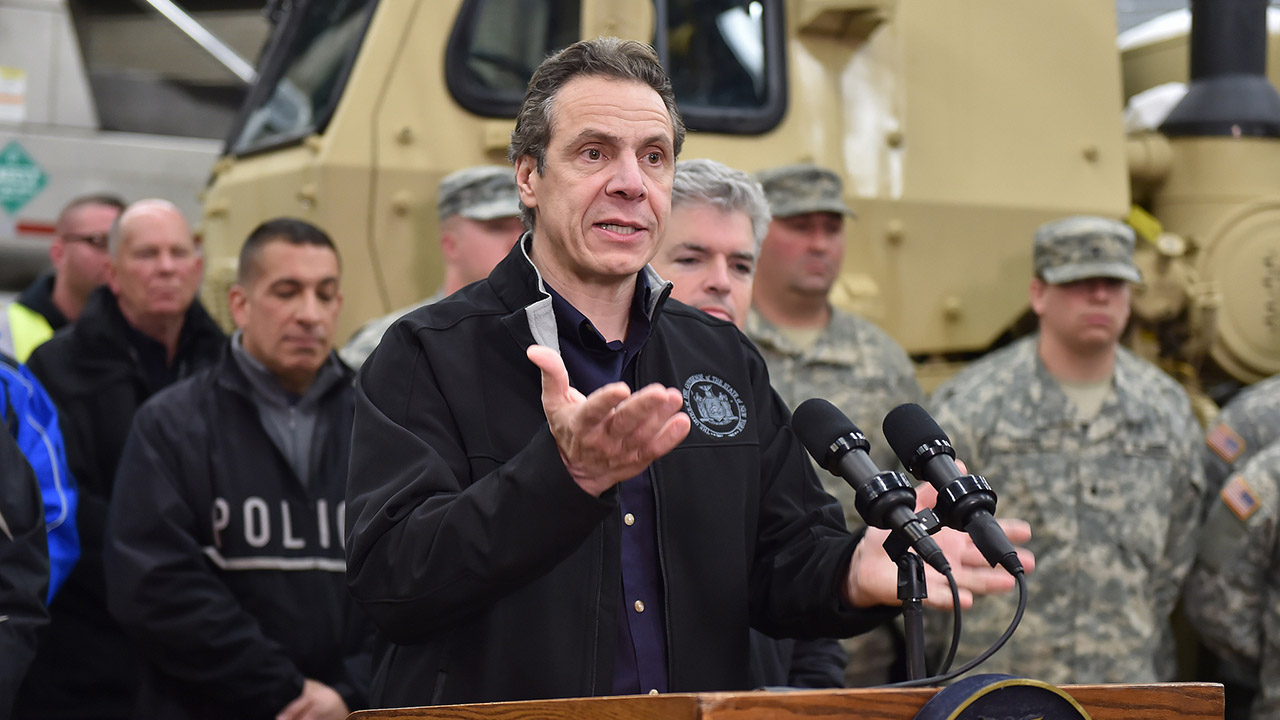The blizzard of 2015, despite dire predictions, never materialized in New York City. However, the actions taken by public figures in anticipation of a severe storm raise serious questions and concerns. Foremost, is there a protocol for responding to extreme weather conditions?
What is the process and criteria for declaring a “state of emergency”? A travel ban? Closing the subway and bus systems? Closing all public parks? Is there any legitimate basis for elected and appointed officials to proclaim that riding a bicycle on a public street during a snowfall could result in a fine — or even lead to an arrest?
In a constitutional-democracy, how much deference should be given to individual liberty concerns? How should individual liberty rights be weighed against community concerns for safety and order? Should the protocol for elected officials such as governors, mayors, town and county leaders include providing information to their constituents about the severity of weather conditions and urge them to adhere to suggested conduct rather than banning and criminalizing individual conduct? And, if prohibitions are imposed, should there be well-though-out advance criteria to determine whether the prohibitions are legal — or should officials be permitted to act on an ad hoc basis?
Additionally, what is the proper role of the media with its First Amendment freedom of press to report the “story” with a modicum of caution, advising that sometimes the weather people have been wrong?
In Manhattan, schools, banks, businesses, restaurants, and stores closed even though there was little or no snow. New Yorkers left their places of business early to pick up sons and daughters who were released as a result of school closings. People anxiously wanted to get home before the snow fell, all at the urging of elected officials. Was it all necessary?
Governor Andrew Cuomo said he does not want to second guess the weather people. Is the hidden message that we should not second guess the politicians? I hope not.
Accountability is a hallmark of our democratic system. We need to develop reasonable, fair protocols to evaluate when it is necessary for elected officials to shut down the roads, streets, trains, buses, schools, parks, etc. to protect the public. If such protocols currently exist, they should be made publicly available. We need to develop reasonable standards and practices to assist us in getting through these trying situations.
Norman Siegel is a civil rights lawyer who served as the Executive Director for the New York Civil Liberties Union for 15 years.
(Photo: Kevin P. Coughlin/Office of the Governor)


